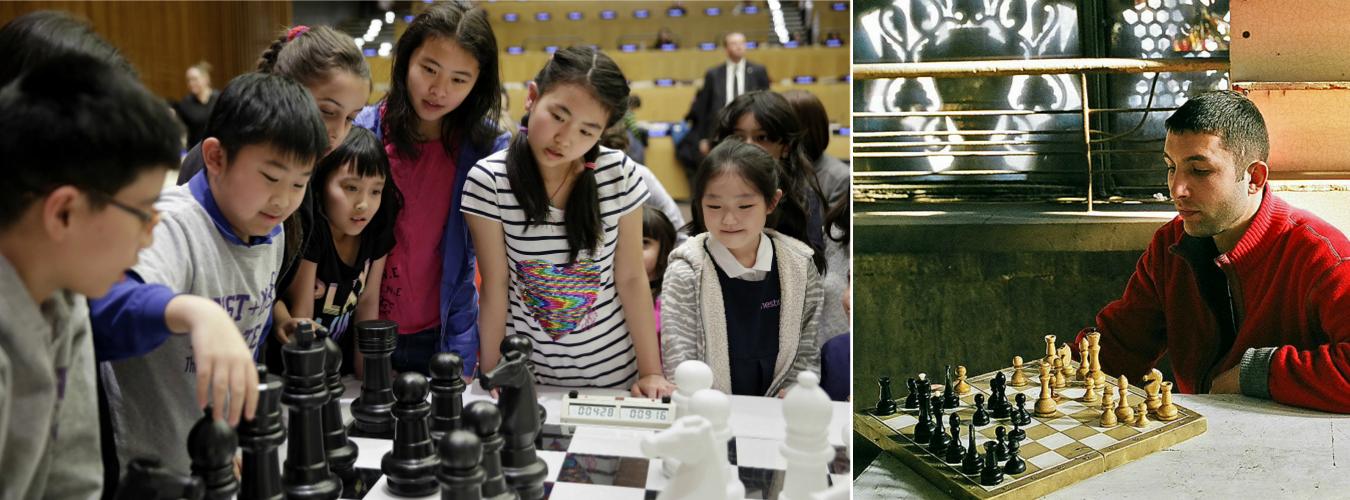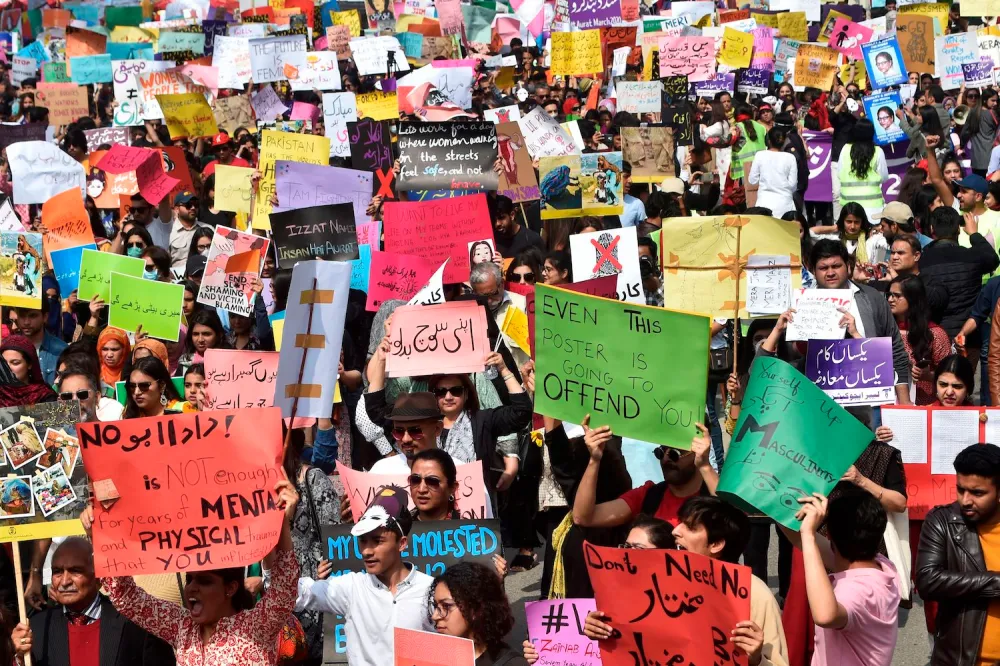Tariq Mahmood Awan
Rhythm is a phrase that refers to the regular pattern of sounds or movements in music, poetry, dance, or other forms of expression. Rhythm is a euphemistic expression of a regular structure. To define rhythm euphemistically, one might use phrases such as the heartbeat of life, the pulse of creation, the flow of harmony, the cadence of beauty or the syncopation of joy. Life is a rhythm comprising instinctive, emotional and intuitive compulsions. Therefore, life needs to be lived rhythmically despite physical, cultural, administrative and economic challenges.
Rhythm is critical for a life of choice because it helps us organize our thoughts, emotions, and actions coherently and meaningfully. Rhythm can inspire us to explore new possibilities, express ourselves creatively, and connect with others who share our passions. Rhythm can enhance our well-being, happiness, and freedom because it is a product of natural justice.
Rhythms of life are the patterns and cycles that govern our existence, from the daily fluctuations of light and darkness to the seasonal changes of nature to the biological processes of our bodies. Life’s Rhythms can profoundly affect our physical, mental, emotional, and social well-being, as well as our aesthetic, cultural, romantic, political, and mundane aspects of life. Accordingly, rhythms are natural compulsions and are a natural bestowment. A life without life rhythms is restless, unnatural and jittery.
Please, subscribe to the official website of republicpolicy.com
A man is an embodiment of aesthetics. Aesthetical rhythms of life can inspire us to create and appreciate beauty in various forms, such as music, art, literature, and dance. Aesthetical rhythms of life can also influence our sense of taste, style, and harmony. For example, some people may prefer to listen to music that matches their mood or the time of day. Some people may choose to wear different colours or accessories depending on the season or occasion. Some people may find beauty in the symmetry and order of natural rhythms, such as the phases of the moon or the Fibonacci sequence. However, whatever the aesthetical rhythms, humans must relish them to provide aesthetical justice to their natures. A life without aesthetics is a waste of life.
Rhythms of cultures are also critical for humans. A man is a product of one’s culture and loves imbibing in it. These rhythms can shape our cultural identity, heritage, and interactions with other cultures. Rhythms of life can reflect our values, beliefs, traditions, and customs. For example, some cultures may celebrate festivals or holidays based on the lunar or solar calendar. Some cultures may have rituals or ceremonies that mark critical transitions or milestones in life, such as birth, puberty, marriage, or death. Some cultures may have different norms or expectations for social behaviour or etiquette depending on the context or situation. Accordingly, cultural manifestations are the product of lifelong rituals, practices and traditions. Therefore, cultural rhythms are part and parcel of our cultural life. These can uplift the cultural gratification of our lives. Hence, humans should adopt the cultural rhythms to provide life a substantive connotation.
Romantic rhythms of life can affect our romantic relationships, attraction, and sexual and reproductive health. The rhythms of romantic life can influence our hormones, emotions, desires, and preferences. For example, some people may feel more romantic or passionate during certain times of the day or month. Some people may have different romantic orientations or gender identities that vary over time or across situations. Humans are born romantically, and it is their instinct to live accordingly. Romanticism is not merely a sexual pattern but a concept describing and eliciting human emotional, ideological, and soulful pursuits and trackings. Because it is integral to humans’ instinctive and emotional makeup, leading a life affiliated with romanticism is paramount for the accomplishment of existence.
Pl, subscribe to the magazines of republicpolicy.com
Political rhythms of life can impact our political views and actions, as well as our civic engagement and participation. A man is a political animal. Rhythms of political life can determine our access to resources, opportunities, and rights. For example, some people may face discrimination or oppression based on their race, ethnicity, religion, gender, or sexuality. Some people may have different levels of education or income that affect their social mobility or influence. Some people may have different environmental or health concerns that motivate them to advocate for change or reform. Therefore, political struggles are essential for life rhythms. Rights are part of human design and existence; therefore, attaining them is a sacred political trust. A person unable to enjoy the rhythms of political life is barren and devoid.
Likewise, social rhythms of life can influence our social relationships and networks, as well as our communication and collaboration. Rhythms of social life can foster our sense of belonging, trust, and support. For example, some people may have friends or family members who provide them with emotional or practical assistance. Some people may have different modes or channels of communication that suit their personality or preference. Some people may have different roles or responsibilities that require them to coordinate or cooperate with others. Accordingly, social capital is critical. Social rhythms allow humans to lead a life of fulfilment and dignity.
Please, subscribe to the YouTube channel of republicpolicy.com
Mundane rhythms of life are also vital for humans. These can affect our daily routines and habits, as well as our productivity and efficiency. Rhythms of mundane life can optimize our energy, focus, and creativity. For example, some people may have different sleep patterns or schedules that suit their circadian rhythm or lifestyle. Some people may have other eating habits or diets that match their nutritional needs or goals. Some people may have different work styles or strategies that enhance their performance or satisfaction. Therefore, dissecting the mundane rhythms of life is significant. Common patterns provide greater happiness and fulfilment. Thus, mundane rhythms can uplift the everyday pleasures of our lives.
Life is all about rhythms. These are natural courses. Of course, living according to life’s rhythms is demanding. Each person has a unique rhythm that may change over time or across situations. The key is to be aware of your rhythm and how it affects you and others around you. By doing so, you can live a more harmonious and fulfilling life.


















































1 thought on “Should We not Live the Life of Rhythms?”
Appreciatable.